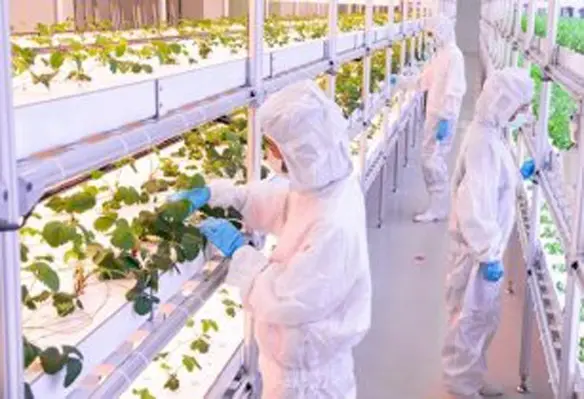Thailand’s high-tech East Economic Corridor (EEC), already positioned as a gateway to Asia, is aiming for a new post-COVID-19 role as an incubator of innovative food products to feed the world, officials said
With its fertile farmland and abundant seafood resources, Thailand has long been one of the few countries that can produce far more food than it consumes. Nicknamed ‘the kitchen of the world’, and well known for its high-quality standards, Thailand last year exported US$33bn worth of produce ranging from rice to ready meals to tropical fruits.
But with the UN predicting that global demand for food will rise by 60% over the next 10 years, and with COVID-19 disruption adding to food insecurity in many countries, the Thai government believes that it can further leverage technology, innovation and logistics to raise the food sector to even higher levels.
As part of a strategy known as Thailand 4.0, the government has designated ‘food for the future’ and ‘advanced agriculture and biotechnology’ among the 12 target industries to be prioritised in the EEC to spearhead the transformation of the kingdom into a fully developed innovation economy.
The EEC, a zone of 13,000 sqkm south and east of Bangkok, is the focal point of Thailand 4.0. The Eastern Economic Corridor of Innovation (EECi) will be opened in the heart of the EEC, where some of the most advanced research and development of the EEC will take place.
Two major components of the EECi will be Biopolis, an innovation centre for biotechnology, which will open in 2021, and Food Innopolis, a science park in which giant multinational companies and universities research, develop and innovate alongside ‘agropreneur’ startups and small and medium-sized enterprises. They will be complemented by Aripolis, specialising in automation, robotics and intelligent systems.
“The EEC’s agricultural promotion plan encourages the use of technology, and smart farming to increase the area’s full potential as a hub of tropical fruit production,” said Dr Luxmon Attapich, deputy secretary-general of the Eastern Economic Corridor Office. “Beyond final products, with the help of biotechnology, we also target up-stream production and raw materials for innovation in the health and wellbeing related industries, such as functional food, food additives, and food supplement.”




